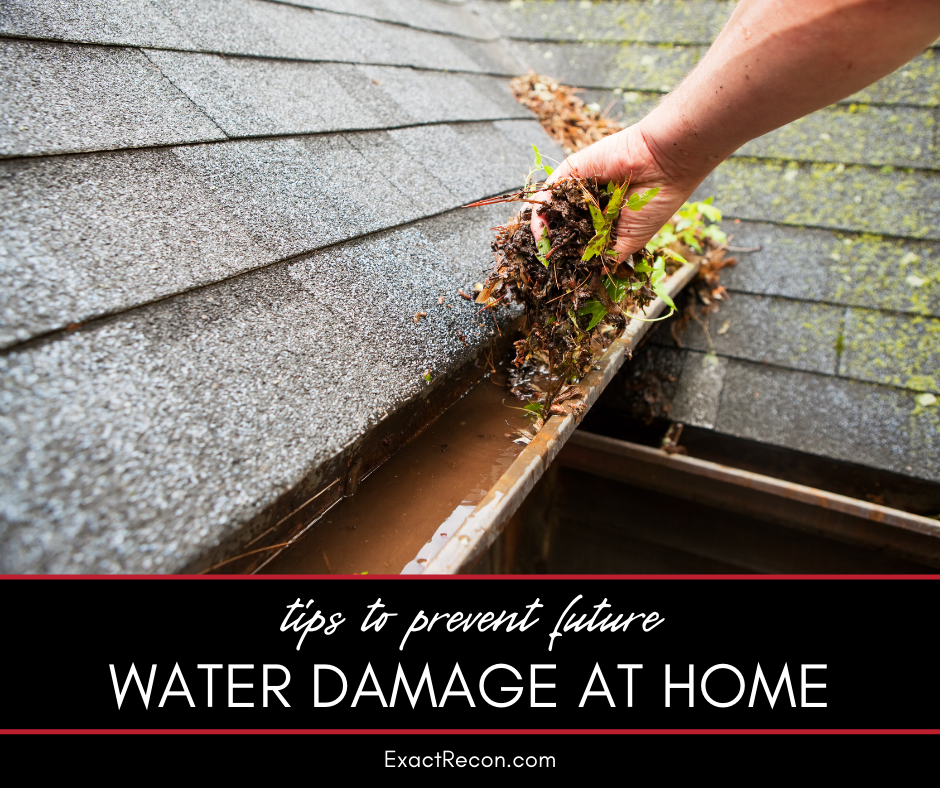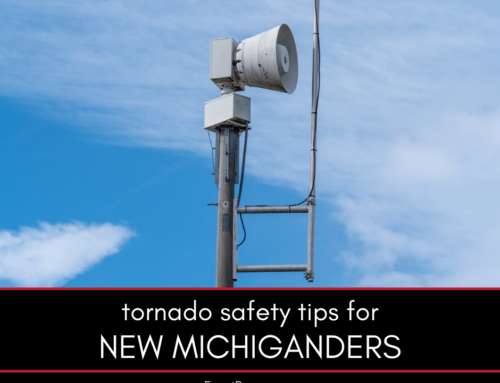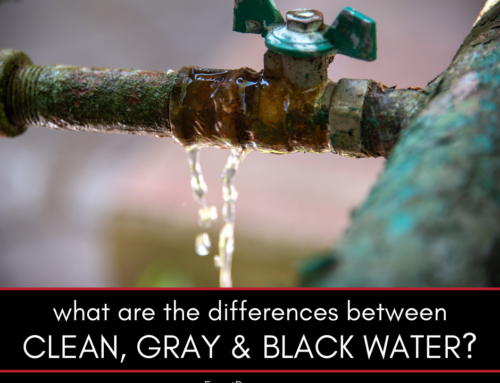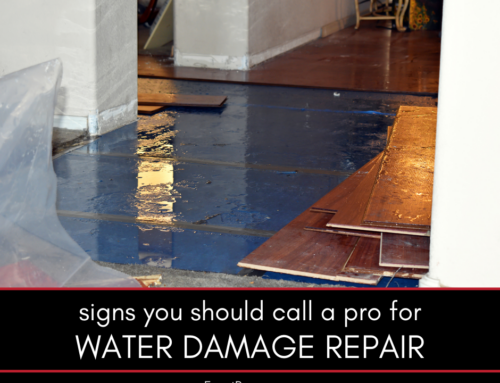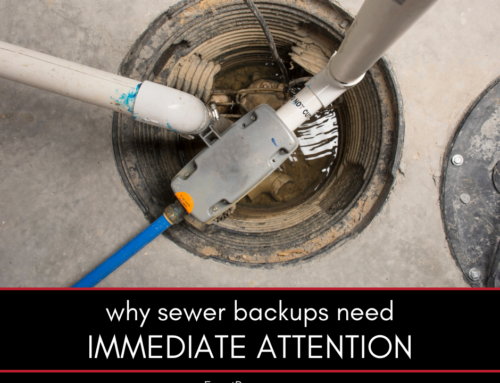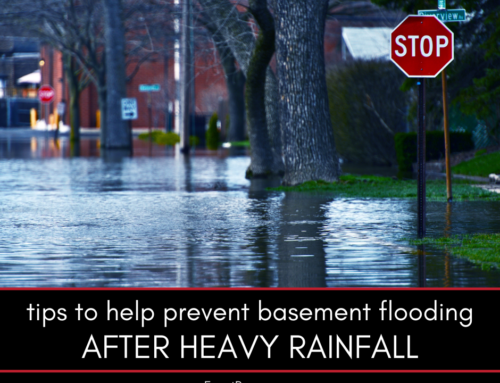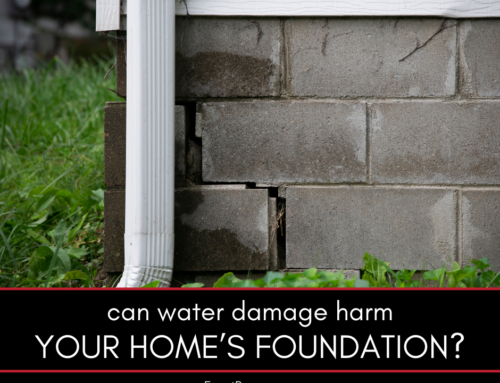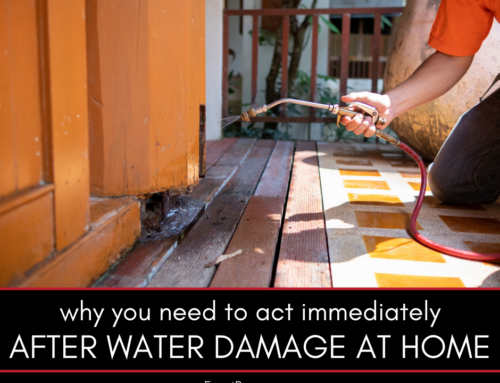Water damage can be a significant setback, both emotionally and financially. While we can’t control all aspects of nature, there are preventive measures homeowners can take to minimize the risk of water damage. Whether you’ve experienced water damage in the past or are looking to safeguard your home for the future, this guide is for you. Drawing from our extensive experience in the field, we’ll provide you with practical tips to fortify your home against potential water threats.
Tips to Prevent Future Water Damage in Your Home
Prevention is always better than cure, especially when it comes to safeguarding your home. Here’s a comprehensive list of measures you can take.
This guide covers:
- Regular maintenance checks
- Proper landscaping
- Roof and gutter care
- Appliance upkeep
- Basement waterproofing
- Installing water alarms
- Knowing your home’s water main
Here’s a closer look at each.
Regular Maintenance Checks
Conducting regular maintenance checks throughout your home is a proactive approach to prevent potential water damage. By routinely inspecting areas prone to moisture or water accumulation, such as bathrooms, kitchens, and attics, homeowners can identify minor issues before they escalate. This might involve checking for dripping faucets, sweating pipes, or signs of moisture on walls or ceilings. Early detection and timely repairs can save significant time, effort, and money in the long run, ensuring the longevity of your home’s structural integrity.
Proper Landscaping
The way your yard is landscaped can play a significant role in preventing water damage. It’s essential to ensure that the ground around your home slopes away from the foundation. This design ensures that rainwater naturally flows away from the house, reducing the risk of pooling or seepage into the basement. Additionally, while trees add beauty and shade to a property, planting them too close to the house can be problematic. Tree roots can grow extensively and potentially damage underground pipes or the home’s foundation.
Roof and Gutter Care
The roof is a home’s primary defense against external elements, including rain. Regularly inspecting the roof for damaged or missing shingles can prevent leaks. Gutters play a crucial role in directing rainwater away from the house. Keeping them clean and free from debris ensures efficient water flow. Downspouts should be positioned to channel water several feet away from the foundation, preventing potential seepage into the basement.
Appliance Upkeep
Household appliances that use water, such as washing machines, dishwashers, and refrigerators, can become sources of leaks. Regular inspections can help identify worn-out hoses, loose fittings, or other potential issues. Replacing old or damaged parts promptly can prevent unexpected water discharge, protecting your home from potential water damage.
Basement Waterproofing
Basements, being below ground level, are naturally prone to moisture issues. Waterproofing involves applying a sealant to the basement walls, preventing groundwater from seeping in. For homes in areas with high water tables or prone to flooding, installing a sump pump can be beneficial. This device collects excess water and pumps it away from the house, keeping the basement dry.
Installing Water Alarms
Water alarms are devices designed to detect the presence of water, typically in areas where water accumulation is unexpected. By placing these alarms in strategic locations, such as near water heaters, sump pumps, or under sinks, homeowners can receive immediate alerts if there’s a leak or flooding. Early detection allows for quicker response, minimizing potential damage.
Knowing Your Home’s Water Main
Every homeowner should be familiar with the location and operation of their home’s main water shut-off valve. In situations where there’s a significant leak or burst pipe, being able to quickly shut off the water supply can prevent extensive damage. It’s a simple step that can make a significant difference in emergency situations.
FAQ About Preventing Water Damage
Here are some frequently asked questions about preventing water damage. If you don’t see the answers you’re looking for here, please call our office. We’re here to help.
How Often Should I Check for Leaks?
It’s a good practice to inspect your home for leaks at least twice a year. However, areas prone to water exposure, like bathrooms, should be checked more frequently.
Can Insulation Help Prevent Water Damage?
Yes, proper insulation can prevent condensation and reduce the risk of water damage, especially in attics and basements.
Are There Any Signs to Watch Out For?
Look for discoloration on walls or ceilings, a musty smell, or sudden spikes in your water bill – these could indicate a leak.
How Can I Protect My Home During Vacations?
Consider shutting off the main water supply if you’re away for an extended period. Also, ask a neighbor or friend to check on your home periodically.
Do Smart Home Devices Help?
Smart home devices, like water leak detectors, can provide real-time alerts, allowing you to address issues promptly.
Preventing water damage requires a combination of regular maintenance, proactive measures, and awareness. By following these tips and staying vigilant, you can significantly reduce the risk of water damage in your home. And remember, if you ever need advice or assistance, professionals like us are just a call away.
Do You Need a Disaster Remediation Expert in Washtenaw County or Jackson County?
If your home has already been damaged, we can help. Check out our services and call Exact Recon for your free disaster remediation quote today. We offer:
- Water damage restoration
- Mold removal and remediation
- Fire and smoke restoration
- Sewer cleanup and disinfecting
- Reconstruction
- Wind and storm damage repair

